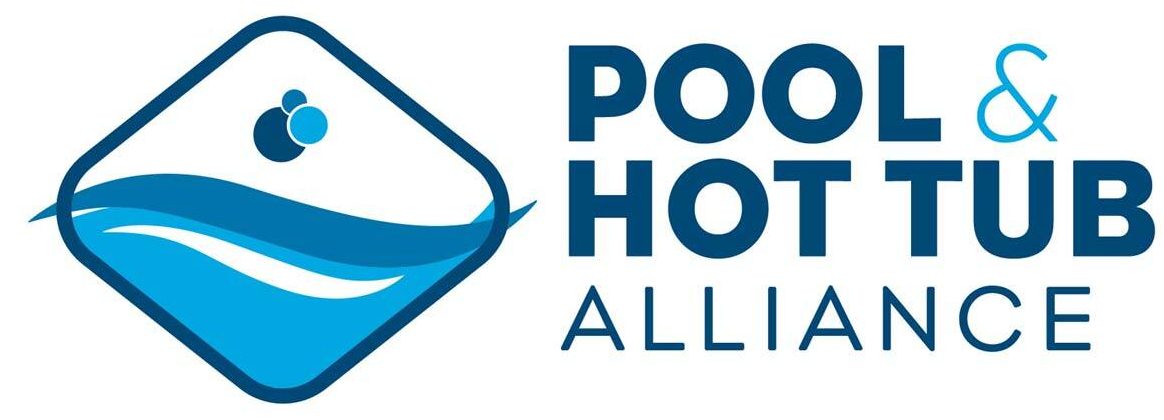It’s just an apostrophe.
The words mean almost the same thing.
Nobody will notice that misspelled word.
Not too many moons ago, content writing for the internet was merely spewing words with a specific ratio of keywords. Algorithms got better. Blogs that were sitting pretty on Google page 1 got demoted to dark netherworlds, never again to see the light of day. Content writing improved. Thank God.
But there still exists a large percentage of blogs, websites, emails, business correspondence, social media posts, etc. that are so poorly written the average third grader would refuse to submit it as a homework assignment. You know the ones. Maybe they know about their industry, maybe they don’t. Who can tell?
Where others see ways to cut corners and get more content out faster, I see quality issues that destroy your voice, your brand image, and yes, your business and personal reputations. If I’m your marketing gal, I’m going to tell you all day long: you’re 100 times better off producing two blogs per month that are interesting, relevant, informative, and well written than to produce 20 blogs that are full of mistakes, poorly written, or insufficiently researched. My website and Google ad guys back me up on that.
Why does good grammar matter?
If I tell you in one sentence that 400,000 people were murdered in the US last year, but in the next sentence I confuse the words “there” and “their” – how credible do you think my reporting is? Why would I take care to get the stats right if I don’t even bother with basic grammar?
It all comes down to credibility. You either do it right, or you do not do it right. You either care and take the time to get the details right, or you don’t. You’re believed by your readers to the extent that you present yourself as trustworthy and diligent as a writer.
Where can you start improving your grammar and your reputation?
I’m so glad you asked!
I tell my writers and editors all the time, “It’s okay not to know. It’s not okay not to know that you don’t know.” I’ve been writing professionally for 30 years, and I still don’t know the answers. Sometimes I have to fact check for accuracy. Other times, I have to double-check to make sure I’m using a term properly. Is it “hunger pains” or “hunger pangs”? Wait, should this be “lie” or “lay”? It’s okay to forget all of the gazillion ins and outs of the English language, especially words and phrases that are usually spoken rather than written.
No one carries all the facts about their industry in their heads at all times (if you do, please don’t tell me; I don’t want to feel any older). I often have to Google questions like, “What kinds of swimming pools do they build in Maine?” or, “How often do you change hot tub filters?” It’s okay that I can’t remember. What wouldn’t be okay is plowing through without checking and getting it wrong. That looks bad on me, sure, but it reflects even worse on my company and on our clients!
By improving your writing — including your grammar, spelling, and research — you can outshine your competition, build credibility with your audience, and become the go-to source for information and education in your industry. (And, yep, that does mean more sales.)
What to do if grammar really isn’t your thing.
I tell our tech guys all the time how much I appreciate their skills. They make the little gadgets and widgets sing and dance! I am fortunate to be able to change the basic settings on my smartphone. We each have our gifts, and it’s more than okay to lack strong writing skills (although I do believe that most of us can improve our skills, just as I’ve learned to turn off those annoying Facebook notifications.)
There are a few ways you can improve your writing so that you can maintain credibility and earn respect, for yourself and for your brand name.
Use your tools!
Don’t turn off Spell Check and Grammar Check. Sign up for the free version of Grammarly. Stop ignoring the squiggly lines that tell you something is wrong. Technology offers a thousand different ways to clean up our wicked writing ways. Take advantage of those tools.
Proofread what you write.
I read a business email two to three times before sending it. Make sure that you expressed your thoughts in a way that makes sense. It’s easy to fail to get everything from your brain to the page. Yes, your boss, coworkers, subordinates, clients, customers, vendors – everyone does silently judge you based on what you write. If you sound ignorant in your emails and business correspondence, you’ll fail to get the respect you want in the business world. Pay attention to tone when you proofread. Did you come across as thoughtful and understanding? Perhaps you were too brusque or didn’t fully understand the topic of conversation. Proofreading helps catch these things.
Read good writing.
We all spend too much time scrolling atrocious Facebook posts. Expose yourself to good writing so you recognize it and can reproduce it. Studies show a very high correlation between those who read and those who are successful, particularly in terms of financial success.
When you don’t know, find out!
Before you misuse an apostrophe or butcher a common saying, check. You can check anything from the proper use of “accept” and “except” to whether or not fiberglass pools have liners (no). It’s okay not to know! It’s not okay to write as if you do when you don’t. Google is your friend.
Of course, you may not have time to spend improving your writing. That’s okay, too. That’s why The Get Smart Group has me! We have a whole team of enthusiastic, trained, professional writers and editors ready to take on your toughest writing tasks. New website? Better blog? Regular Facebook and Instagram posts? An email campaign to nurture your leads and keep your customers engaged? Yeah, we do that. Click that yellow Free Consultation button at the top of this blog and let’s get started!










